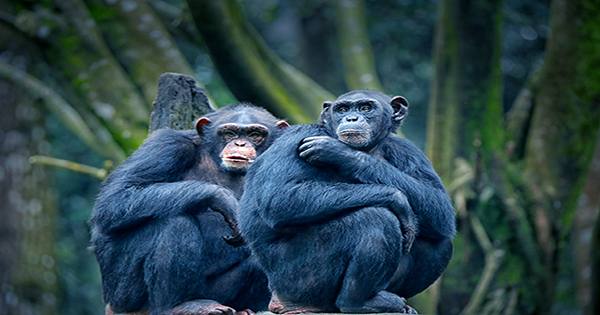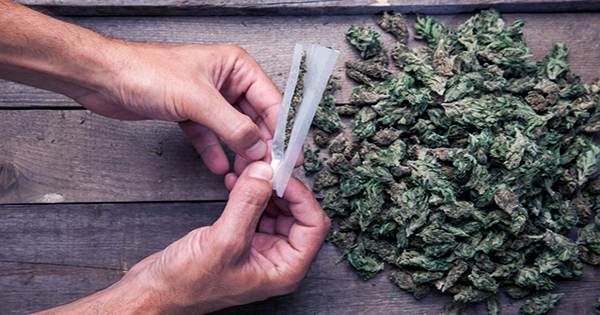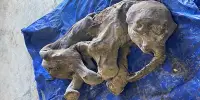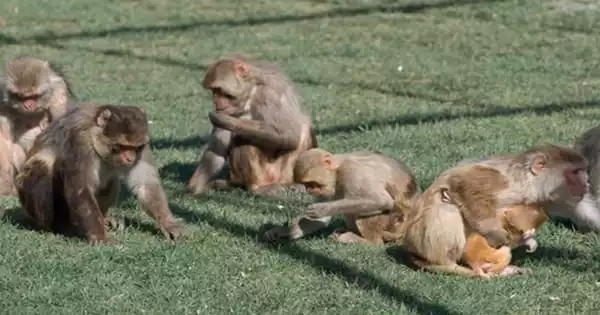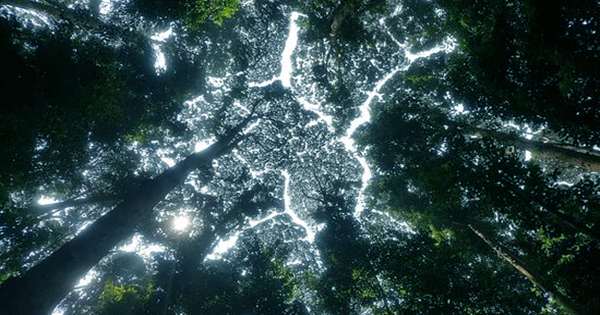Not only have people lined up to get vaccinated against Cowvid-19, some of our close evolutionary relatives have also received their shots and are making those sweet, sweet antibodies. A huge bunch people at the San Diego Zoo have become the first non-humans to receive the first COVID-19 vaccine. Nadine Lamberski, chief conservation and wildlife health officer for the San Diego Zoo Wildlife Coalition, told National Geographic that the San Diego zoo has received two doses for experimental COVID-19s for four orangutans and five bonobos animals. This gang of primates includes a Sumatran orangutan named Karen who made history in 1994 after becoming the first orangutan to undergo open-heart surgery.
In January 2021, the eight lowlands west of San Diego Safari Park became the world’s first great apps for positive testing for Gorilla Stork-CoV-2. Some gorillas showed symptoms including mild cough, congestion, nasal discharge and simultaneous lethargy, but an elderly man named Winston became seriously ill and had to treat with heart medication, antibiotics and monochromatic antibody therapy. This small outbreak triggered alarm bells and the zoo began investigating whether vaccinating their endangered animals could be an effective alternative to further disease prevention. Winston and the troupe are still recovering, but by the spring the San Diego Zoo is trying to vaccinate, all of its great APSs and all are well, they are in the process of considering their big cats as well.
The animal vaccine is different from the COVID-19 vaccine obtained by humans. The San Diego Zoo said earlier this year they were in possession of a reconstituted pure spike protein vaccine that specifically designed protect animals against stork-cov-2 and were looking for suitable animal candidates to get the shot. According to the National Geographic Report, the vaccine was developed Zoetis, a pharmaceutical company in the United States, which is the world’s largest producer of vaccines and vaccines for pets and animals. The risk of COVID-19 in non-human animals is low, but it is clear that many mammal species can infect. In addition to gorillas, the incidence of COVID-19 has documented in several species, including cats, dogs, tigers and mink.
Some of the biggest concerns, in fact, were the focus on spreading SARS-CoV-2 to captive mink populations in formerly fir farms. In November 2020, the Danish government announced plans to reduce its population to at least 17 million animals, when scientists infected at least 12 people in the country with a variant of the stork-covi-2, which found in five. Mink ranch in the north of the country. Zoetis, the pharma company behind the vaccine recently used at the San Diego Zoo, said it was also working on a solution to the vaccine that could possibly used in the light of the problem.
